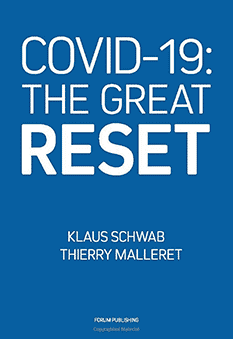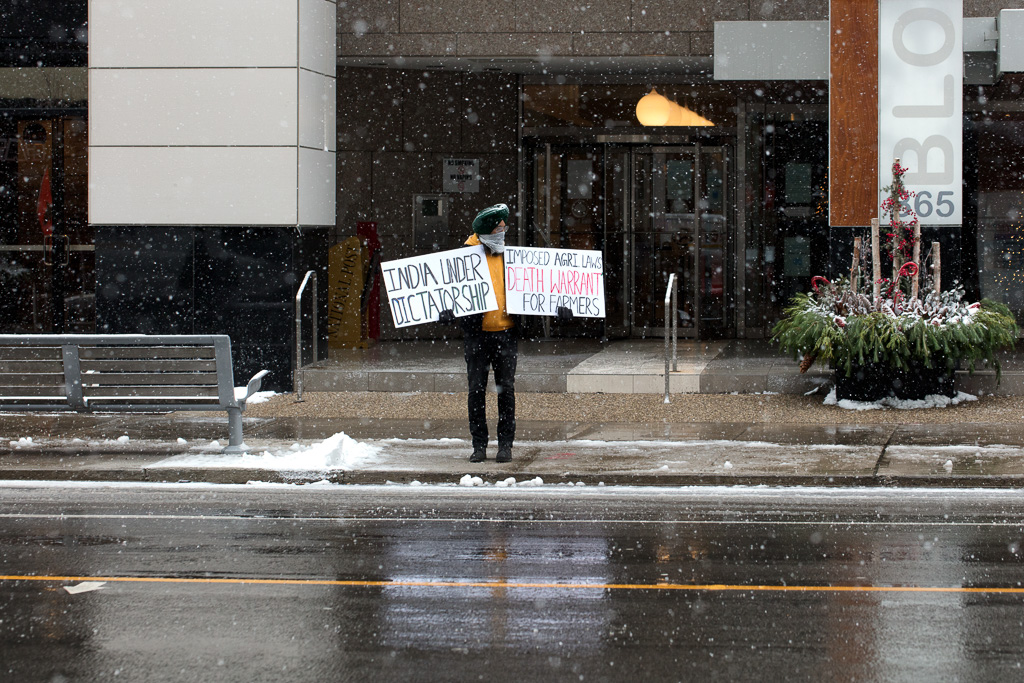
Schwab is founder of the World Economic Forum and Malleret is co-founder and main author of the Monthly Barometer. The Great Reset began as a public conversation in May between Prince Charles and Klaus Schwab, observing that Covid-19 had exposed some of the weaknesses of global institutions, monetary policy, and national leadership; once the pandemic has played out or vaccines are distributed widely enough to permit us to resume our lives, we cannot go back to the way things were without replicating those weaknesses and exposing ourselves to the same risks that are currently playing out; instead, we have an opportunity to make structural changes that address these weaknesses. In short, a return to normal should not mean we make the same mistakes twice. They then proceed to discuss some of the issues that the global pandemic has brought to the fore, and they propose possible changes.
You would think that men like Schwab and Malleret, positioned as they are to advise the rich and powerful, would have a vested interest in restoring the status quo. But no, their book is laced with sentiments that could easily have come from someone like me, a person of modest means who regards himself as a moderate progressive.
They write about the “death knell of neoliberalism” not as something that is sounding only now, but as something that has been sounding for years but only now leaves a ringing in our ears.
And they make statements like this:
We do not know yet whether the “tyranny of GDP growth” will come to an end, but different signals suggest that the pandemic may accelerate changes in many of our well-entrenched social norms. If we collectively recognize that, beyond a certain level of wealth defined by GDP per capita, happiness depends more on intangible factors such as accessible healthcare and a robust social fabric than on material consumption, then values as different as the respect for the environment, responsible eating, empathy or generosity may gain ground and progressively come to characterize the new social norms.
And again:
… The absence of paid sick leave makes it harder to contain the spread of an epidemic …
And yet again:
Whether espoused openly or not, nobody would now deny that companies’ fundamental purpose can no longer simply be the unbridle (sic) pursuit of financial profit; it is now incumbent upon them to serve all their stakeholders, not only those who hold shares.
Although they discuss many of the challenges we face (most notably they observe that this is a dry run for the even deeper disruptions we can expect from an accelerating climate crisis), they are nevertheless hopeful in tone and assume there will be a broad adoption of what strike me as sensible measures.
They completed this book in June and so could not have anticipated the extent to which anti-vaxxers and anti-maskers, encouraged by Trump and perhaps by covert disinformation campaigns, have worked to undermine scientific guidance and to silence conversations about social justice. As well, reports of neoliberalism’s death knell may be premature. I have first-hand evidence of this. Every weekend, I have difficulty getting in and out of my residence because I live across the street from the Indian consulate in Toronto. The Indian diaspora here is up in arms about Modi-backed legislation to deregulate the agricultural industry in India. Meanwhile, closer to home, the local provincial government barrels ahead with pre-Covid plans to cut funding to health care and public education. It seems Margaret Thatcher’s protégés are not done with us yet.
In September, Justin Trudeau addressed the World Economic Forum and while he didn’t expressly cite this book, he promoted a point of view very much aligned with the concerns it addresses: a need to restructure/retool global institutions to address issues like climate change and extreme disparities of wealth. To my way of thinking, these are matters worthy of our attention. Nevertheless, listeners seized on this as evidence of a dastardly plot by elites to take advantage of the pandemic in order to seize control of global institutions and bend them to their will. The ultimate aim is to establish a New World Order which promotes the goals of Socialism, Communism and whatever other isms seem to apply in the imagined circumstances. The hashtag #thegreatreset has become a rallying point for the conspiracy rabble. The Great Reset has gotten airtime on Fox News courtesy of Tucker Carlson, and on November 17th, conservative MP, Pierre Poilievre started a “Stop The Great Reset Petition” which garnered nearly 80,000 signatures. Poilievre and his ilk imagine that global elites will use far left ideologies like socialism to “reengineer economies and societies to empower the elites at the expense of the people.” Given that the object of socialism is to disempower elites and to share wealth, the obvious mendacity of Poilievre’s position leaves me shaking my head.
Perhaps, unwittingly, the conspiracists draw upon an idea detailed by Naomi Klein in her book, The Shock Doctrine. It’s the idea of disaster capitalism. According to Klein (and the alleged elites her views inform), what we should fear whenever there is an economic shock is the opportunistic predations of unregulated capitalism. As we have seen so often during the Trump presidency, and with accelerating frequency during the pandemic, a key strategy of the far right is to defang critique by adopting it and changing a few of the words around. (Anti-fascism, for example, gets turned into a plot by people who use fascist tactics.) It sows confusion, and in the midst of confusion, a strong arm is reassuring, even if there is nothing of substance behind it. So the conservative squids ink the water, and when things clear, we learn that what we should now fear is not disaster capitalism, but disaster socialism. It doesn’t seem to matter that their evil socialists are evil precisely because they are alleged to behave like capitalists (which means they aren’t socialists). Then again, this is nothing more than a verbal shell game. And people are easily fooled.
Although The Great Reset has become the flashpoint for conspiracy lunatics, it is important to ignore the noise they produce. Push through. Read the book in its intended spirit: as the start of a wide-ranging conversation about our collective future.
